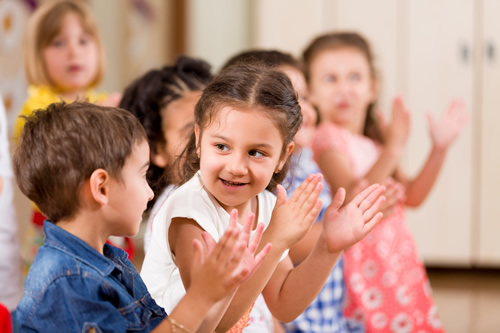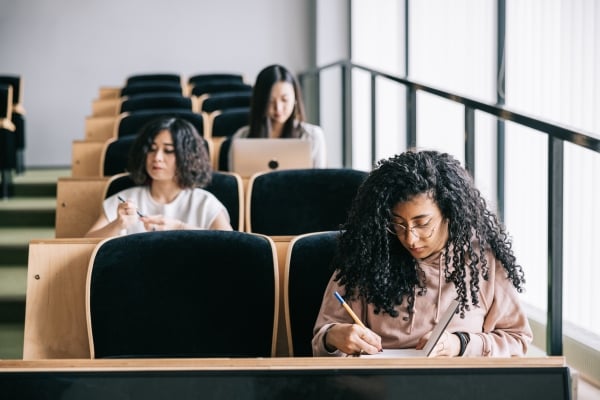Any educator will tell you that when it comes to student behavior, the pandemic isn’t over yet, especially regarding early education. The upheaval of recent years has significantly affected kindergarten and pre-K students, leading to observable declines in self-regulation, social skills, and language development.
Becca Carter Ed., Pre-K Instructional Specialist at Virginia Beach City Public Schools sees it every day. eSchool News spoke to her and Srikar Dronam, Vice President of Product Innovation, at Hatch Early Learning, Inc. Both experts emphasize the importance of addressing these issues through enhanced early childhood education. Have a listen:
Topics include:
- Screen Time: An increase in screen time during remote learning has had mixed effects. While technology is crucial, there is a need to balance its use to prevent it from becoming a crutch. Strategies include limiting screen time and focusing on hands-on learning experiences.
- Teacher and Faculty Adaptations: Educators have had to adjust their methods to accommodate increased screen use and the varying levels of readiness among students. Professional development is focusing on appropriate technology use and re-engaging with developmentally suitable practices.
- Family Involvement: The role of families has become more significant as parents are now more involved in their children’s learning due to remote education. Effective parent-teacher engagement and support are vital for continuity in learning and behavioral development.
- Future Outlook: Both Shrinker and her colleague are optimistic about the recovery and advancement in early childhood education. They advocate for expanded pre-K opportunities and the use of technology in developmentally appropriate ways to support children’s long-term success.





















Discussion about this post